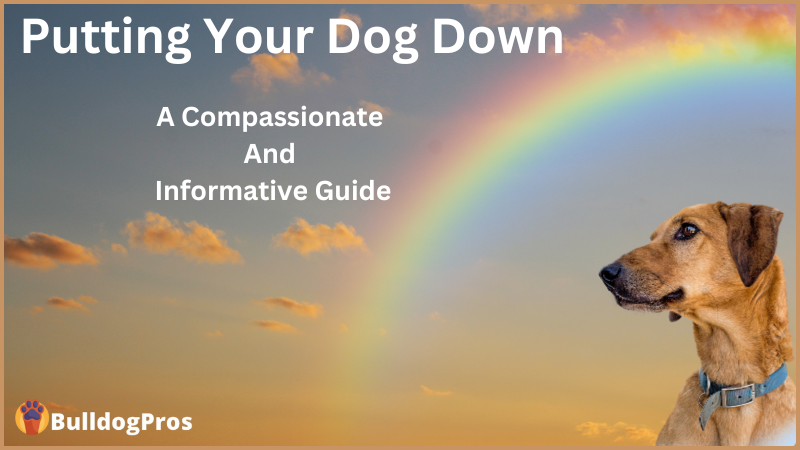In Dehydration and Dogs: The Symptoms and The Treatment, we’ll explore the dangers, symptoms, and treatment options of dogs suffering from dehydration. When it comes to your dog, it’s important to be aware of the signs and symptoms of dehydration. If you see your dog showing any signs of dehydration, seek veterinary help as soon as possible.
What Is Dehydration in Dogs?
Dehydration is a common but serious problem in dogs that can lead to many health problems. Much like humans, dehydration in dogs is the dog having insufficient fluid intake. In its simplest terms, dehydration occurs when more fluids leave the body than is taken in.
When dehydration occurs, low circulating blood flow volume occurs, as well as low intracellular fluids. Because of this low volume of fluids, less oxygen flows to tissue and internal organs.
In addition, a potential danger of dehydration is the dog’s electrolyte balance becoming imbalanced. Electrolytes keep the chemical processes in the body running smoothly, keeping the fluids in and out of the cells balanced, and more.
Video: Dehydration and Dogs: The Symptoms and The Treatment
Causes of Dehydration In Dogs
One of the most common causes of dehydration is seen when a dog spends time outdoors without access to water.
Another common cause is an underlying illness. If your dog does not feel well, be sure to watch for signs of dehydration, especially if there is persistent vomiting and diarrhea.
You Might Be Interested In Reading: Is My Dog Sick? 10 Signs and Symptoms of a Sick Dog
What Are The Symptoms of Dehydration in Dogs

Signs of dehydration in dogs include panting, vomiting, lack of appetite, lethargy, sunken eyes, dry nose, dry mouth, diarrhea, refusal to drink water, weakness, and seizures.
Dehydration can also be seen in the dog’s skin losing moisture, the dog’s gums becoming dry, and the dog’s saliva becoming thick and pasty.
When my dog was diagnosed with dehydration, the vet demonstrated how the skin, when gently lifted, didn’t spring back into shape. Rather it remained wrinkled, which is a sign of possible dehydration.
Treatment

If not treated, dehydration can lead to kidney failure, feeble heart function, loss of appetite, vomiting, diarrhea, seizures, and even death.
As you can see, getting to the bottom of dehydration is very important. The veterinarian will probably do some diagnostic tests, such as blood and urine tests, and possibly others to get to the root cause of the dehydration. This will allow treatment of the underlying cause.
Dehydration can be treated with fluids and electrolytes. The pet may need to receive intravenous fluids with moderate to severe dehydration.
How To Prevent Dehydration In Dogs
You can do a few things on your own to help prevent dehydration in your dog. Keep them hydrated at all times by providing them with enough cool water and food to eat.
Dogs typically require at least one ounce of water per day for each pound of body weight. However, all dogs are different so if you’re unsure if your dog is drinking enough water, consult with a veterinarian. A vet can also give advice as to how to be sure your dog consumes enough fluids.
Making sure your dog eats a balanced diet and including non-kibble pet food can help. Also, bone broth mixed with dog food can help entice them to eat while also getting fluids.
Popular Posts:
Conclusion
Following some simple tips can help keep your dog healthy and hydrated.
As you found in Dehydration and Dogs: The Symptoms and The Treatment, dehydration in dogs is a serious issue that can cause kidney failure, loss of appetite, vomiting, diarrhea, and even death.
Ensure your dog is hydrated by providing enough water and food daily. If you notice any signs of dehydration in your dog, contact your veterinarian immediately for treatment.
Have you had a dog that suffered from dehydration? What symptoms did they exhibit? Please comment below.



